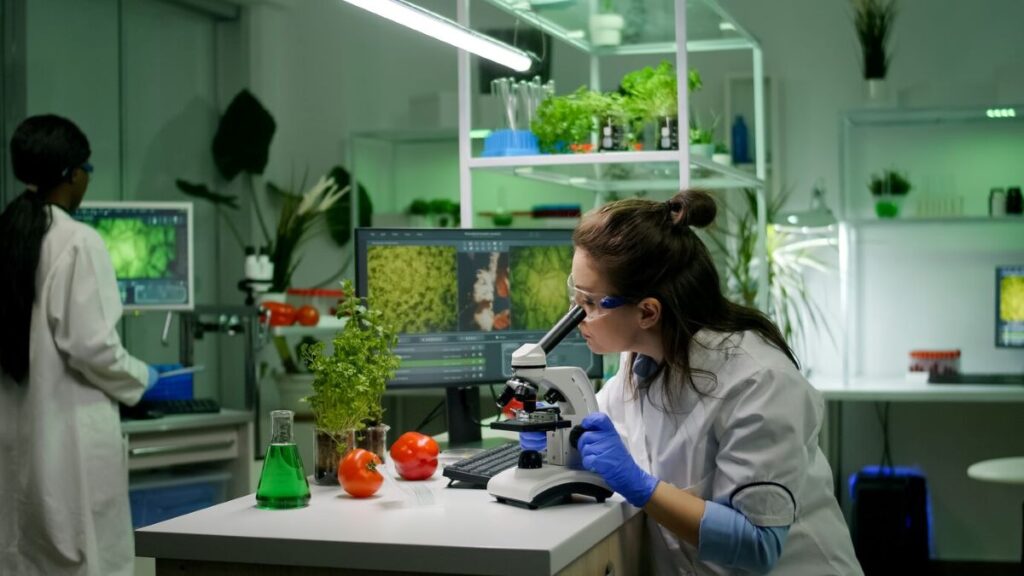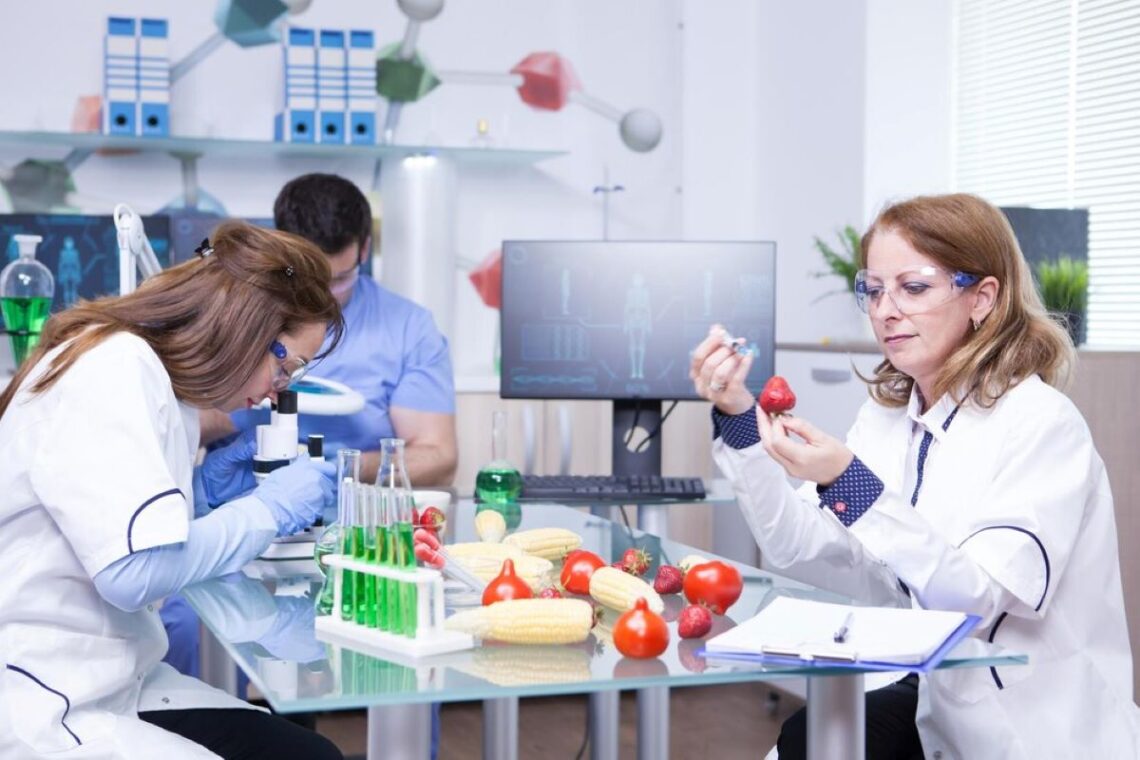The Importance of Food Safety in Hospitality
In today’s fast-paced hospitality industry, food safety is not just a regulatory requirement; it is a fundamental aspect of business success. With the increasing scrutiny from health authorities and the ever-present risk of foodborne illnesses, maintaining high standards of food safety is crucial. For hospitality businesses, ensuring the safety of food served to customers not only protects their health but also safeguards the establishment’s reputation.
Food safety incidents can have devastating effects, including legal repercussions, financial losses, and irreparable damage to a brand’s image. Therefore, implementing effective food safety practices is essential for any hospitality business aiming to thrive in a competitive market. Beyond the immediate implications of a food safety breach, the long-term effects can be even more severe, as customers may choose to avoid an establishment that has been associated with foodborne illness, leading to a significant decline in patronage.
Understanding Food Safety Regulations
Hospitality businesses must navigate a complex landscape of food safety regulations. These regulations vary by region and can often be overwhelming for operators. Compliance with local health codes is non-negotiable, and failure to adhere can lead to severe penalties. Moreover, regulations are frequently updated, requiring establishments to stay informed and adaptable to any changes that may arise.
Best food safety software can simplify the compliance process by providing up-to-date information on regulations and helping businesses track their adherence to these standards. This not only ensures compliance but also fosters a culture of safety within the establishment. Training staff on these regulations is equally important, as it empowers them to understand their role in maintaining food safety, thereby creating a more conscientious workforce that prioritises the well-being of customers.
Preventing Foodborne Illnesses
Foodborne illnesses are a significant concern in the hospitality sector, with millions of cases reported annually. These illnesses can stem from improper food handling, poor hygiene practices, or inadequate cooking temperatures. By utilising food safety software, businesses can implement systematic checks and balances to minimise the risk of contamination.
Such software can assist in monitoring food temperatures, tracking expiration dates, and ensuring proper sanitation practices are followed. This proactive approach not only protects customers but also enhances the overall dining experience. Additionally, regular audits and inspections can be integrated into the software, allowing for real-time feedback and immediate corrective actions if any issues are detected. This level of diligence not only reassures customers of their safety but also instils confidence in the staff, knowing they are part of a well-managed operation that prioritises health and safety above all else.
Benefits of Food Safety Software
Investing in food safety software offers numerous advantages that can streamline operations and improve overall efficiency. From tracking inventory to managing staff training, the right software can transform how a hospitality business operates.
Here are some key benefits that food safety software brings to the table:
Streamlined Processes
Manual record-keeping can be time-consuming and prone to errors. Food safety software automates many of these processes, allowing staff to focus on delivering exceptional service. With features such as digital checklists and automated reminders, businesses can ensure that critical tasks are completed on time.
Moreover, the software can generate reports that provide valuable insights into operational efficiency, helping managers identify areas for improvement. This data-driven approach not only aids in making informed decisions but also allows for the optimisation of workflows, ensuring that resources are allocated effectively. By reducing the administrative burden, staff can dedicate more time to enhancing the customer experience, which is paramount in the competitive hospitality industry.

Enhanced Training and Compliance
Training staff on food safety practices is vital, yet it can often be overlooked in busy environments. Food safety software can facilitate ongoing training by providing resources and tracking employee progress. This ensures that all staff members are equipped with the knowledge they need to maintain safety standards.
Additionally, the software can help businesses stay compliant with ever-changing regulations by offering updates and reminders about necessary training sessions and certifications. This proactive approach not only mitigates the risk of non-compliance but also fosters a culture of safety within the workplace. By integrating training modules into daily operations, employees are more likely to engage with the material, reinforcing their understanding of best practices and the importance of food safety in their roles. Check out more about Top Features to Look for in Food Safety Management Software.
Improved Customer Trust
In a world where consumers are increasingly health-conscious, demonstrating a commitment to food safety can significantly enhance customer trust. By implementing food safety software, businesses can showcase their dedication to maintaining high standards.
Transparency is key; customers appreciate knowing that their food is handled safely. Many software solutions allow businesses to share their food safety practices and compliance records with customers, fostering a sense of trust and loyalty. Furthermore, by actively promoting their food safety initiatives through social media and marketing materials, businesses can differentiate themselves from competitors. This not only attracts new customers but also encourages repeat business, as patrons feel more confident in their dining choices. In an age where information is readily available, being able to provide evidence of rigorous food safety measures can be a significant competitive advantage.
Choosing the Right Food Safety Software
With numerous options available, selecting the right food safety software can be daunting. However, several key factors can guide businesses in making an informed decision. Visit https://www.foodstandards.gov.au/business/food-safety-culture to get more about food safety culture.
Scalability
As a hospitality business grows, its needs will evolve. It is essential to choose software that can scale with the business. This means looking for solutions that offer additional features or modules that can be added as required.
Scalability ensures that the software remains relevant and useful, regardless of the size or complexity of the operation.
User-Friendly Interface
The effectiveness of any software largely depends on its usability. A user-friendly interface is crucial for ensuring that staff can navigate the system with ease. Complicated software can lead to frustration and errors, negating the benefits of automation.
Before committing to a solution, it is advisable to trial the software to assess its ease of use and whether it meets the needs of the team.
Integration with Existing Systems
Many hospitality businesses already utilise various software solutions for inventory management, point of sale, and employee scheduling. Choosing food safety software that integrates seamlessly with these existing systems can enhance overall efficiency.
Integration reduces the need for duplicate data entry and ensures that all aspects of the business are aligned, ultimately leading to better decision-making.
Case Studies: Success Stories in Food Safety Software Implementation
Numerous hospitality businesses have successfully implemented food safety software, resulting in significant improvements in their operations. These case studies serve as a testament to the effectiveness of such solutions.

Case Study 1: A Local Restaurant Chain
A local restaurant chain faced challenges with compliance and food safety training. After implementing food safety software, they reported a 30% reduction in compliance-related issues within the first six months. The software’s automated reminders and training modules ensured that staff were consistently updated on best practices.
Moreover, the chain saw an increase in customer satisfaction ratings, attributed to their enhanced focus on food safety.
Case Study 2: A Boutique Hotel
A boutique hotel struggled with maintaining food safety standards across multiple dining outlets. By adopting a comprehensive food safety software solution, they streamlined their processes and improved communication between departments. The hotel reported a significant decrease in food waste and an improvement in overall operational efficiency.
This success not only boosted their bottom line but also enhanced their reputation as a safe and reliable dining destination.
Conclusion: The Future of Food Safety in Hospitality
As the hospitality industry continues to evolve, the importance of food safety will only grow. With the increasing reliance on technology, food safety software will play a pivotal role in ensuring that businesses can meet the demands of both regulators and customers.
Investing in food safety software is not merely a choice; it is a necessity for modern hospitality businesses aiming to thrive in a competitive landscape. By prioritising food safety, businesses can protect their customers, enhance their reputation, and ultimately drive success.
In a world where health and safety are paramount, embracing technology to streamline food safety practices is a forward-thinking approach that will yield long-term benefits for hospitality businesses.

